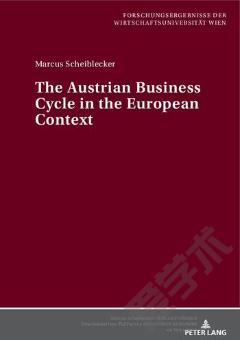The Austrian Business Cycle in the European Context
Dating business cycle turning points is still an important task for economic policy decisions. This study does this for the Austrian economy for the period between 1976 and 2005, using only quarterly national accounts data of Austria, Germany and the euro area. Three different filtering methods are applied: first-order differences, the Hodrick-Prescott filter, and the Baxter-King filter. To all of them, two different methods of determining the business cycle are applied: the ad-hoc determination of the business cycle and a dynamic factor model, taking into account the common variations of Austria, the euro area and the German business cycle movements. The results of both methods are dated by the Bry-Boschan algorithm in order to locate peaks and troughs of the cycle. The results are interpreted and compared to already exiting studies on the euro area and the Austrian business cycle.
{{comment.content}}








 京公网安备 11010802027623号
京公网安备 11010802027623号